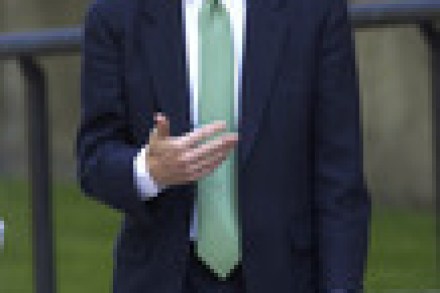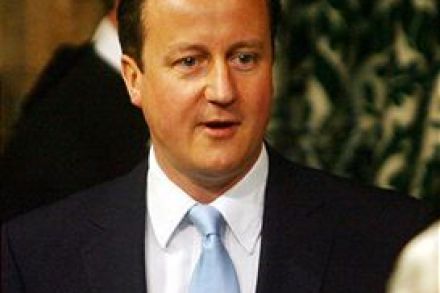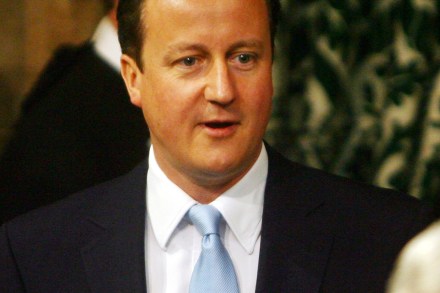How quickly could Laws return?
As I say in the column this week, there’s an expectation in Westminster that David Laws will be back in the Cabinet sooner rather than later. The broadly sympathetic public reaction to his resignation suggests that there’d be little public opposition to him returning in six months or so. Laws’ quotes today do rather make















